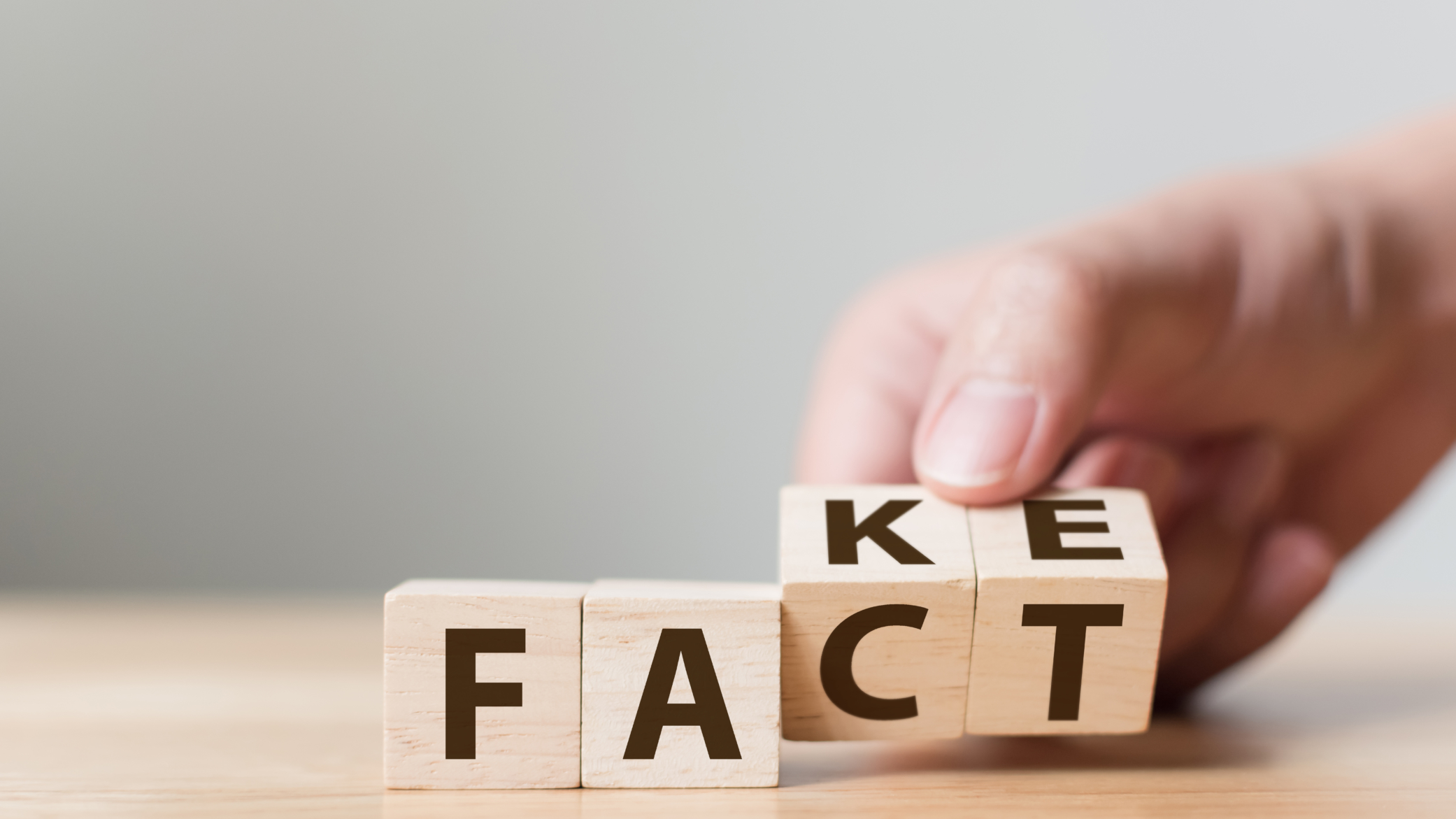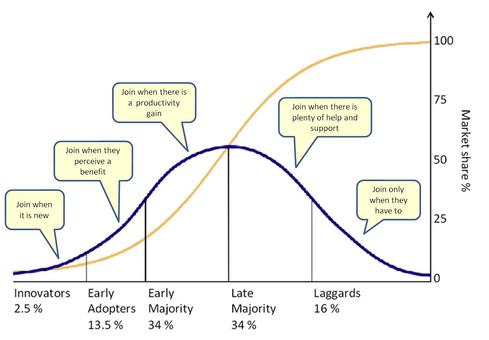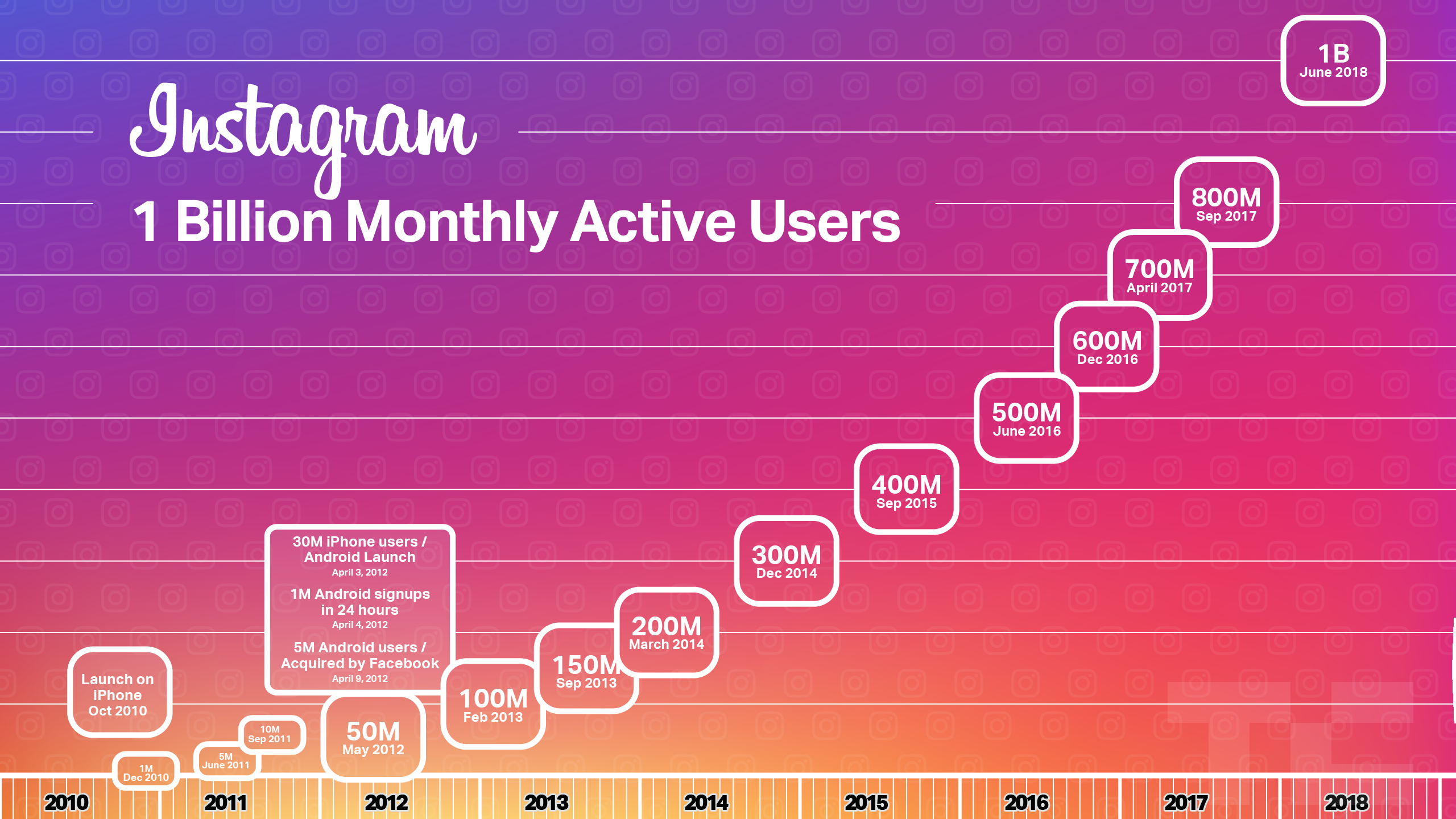This week in class, we presented our EOTO projects, which as stated in the previous blog, stands for Each One Teach One, where each student selects a topic to present and "teach" to the rest of the class. For this blog post, we are supposed to pick someone else's topic and write a post about it, and I chose to write about citizen journalism. According to the Oxford dictionary, citizen journalism, also called participatory journalism, guerrilla journalism, or street journalism, is "the collection, dissemination, and analysis of news and information by the general public, especially by means of the Internet." I interpret this as being similar to the role of the press in that they are considered the "watchdog" for the government, acting as a part of the checks and balances system. It can also be, I think, the best kind of journalism, because it is essentially citizens telling other citizens what is happening, instead of citizens being told by the government or by large news companies that could be biased to one side or the other of an issue.

As there is with almost everything, there are advantages and disadvantages of citizen journalism. I found an
article detailing some advantages and disadvantages, but I will summarize what the article talks about. One advantage is that it addresses the gaps in mainstream media. It enables people who don't have professional training to use modern technology, such as social media platforms like Facebook and Twitter, to "fact-check, augment or create media." This means that anyone who has access to these tools can start a blog and report events on their own. Another advantage is that it empowers local communities. It enables people who were previously excluded from certain types of media to play an active role in creating it. It is said to help improve local economies, as well as allowing people to actively tell their story that might have been otherwise understated by mainstream media. There is a
TEDTalk linked in the article, and it helps to explain the advantages of citizen journalism. But, as it usually the case with everything, there are some disadvantages as well.
One of the main disadvantages is that it poses difficulties to the audience about what to believe. Unlike traditional journalism, where it is safe to assume for the most part that the information given is factual, it is difficult for people to decide what is true or not when it comes to citizen journalism. It is human nature to edit information to best suit our own likeness, so this can make unofficial journalism unreliable. Another disadvantage of citizen journalism is that it typically has a smaller audience than mainstream journalism. If somebody has a Twitter page dedicated to citizen journalism, the only people who would be expected to see it would be their friends and people who know about it. The same goes with blogs; if someone has a blog, they would reach a good amount of people, but not nearly as much people that would be reached by a mainstream journalism broadcast. There was another
TEDTalk linked in the article, and it helps to further explain the drawbacks of citizen journalism.
Overall, I think citizen journalism is an important part of the media and information cycle. I think it has overall good intentions, but does not have the same widespread effect that mainstream journalism has.








